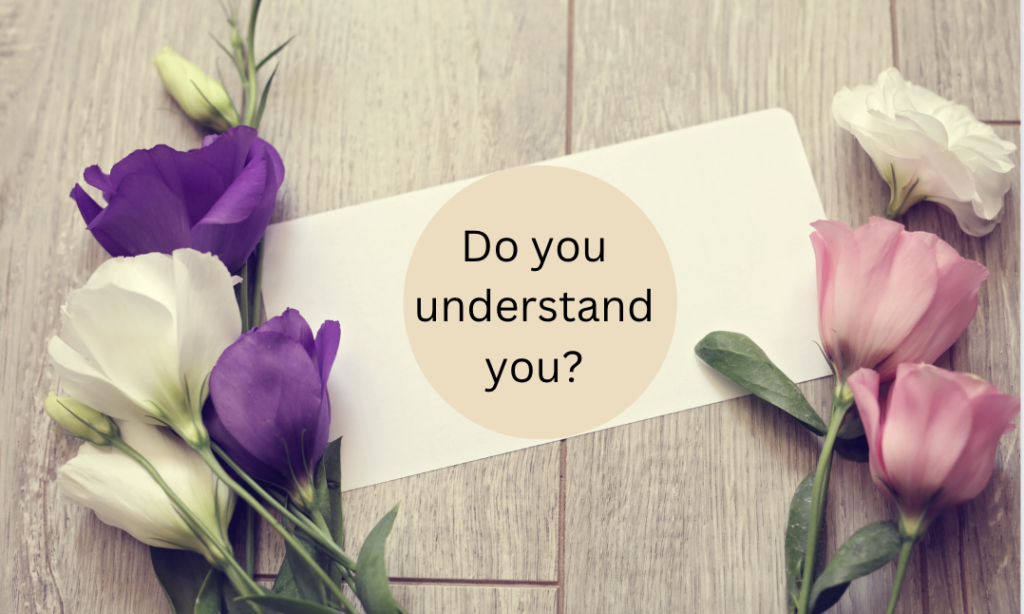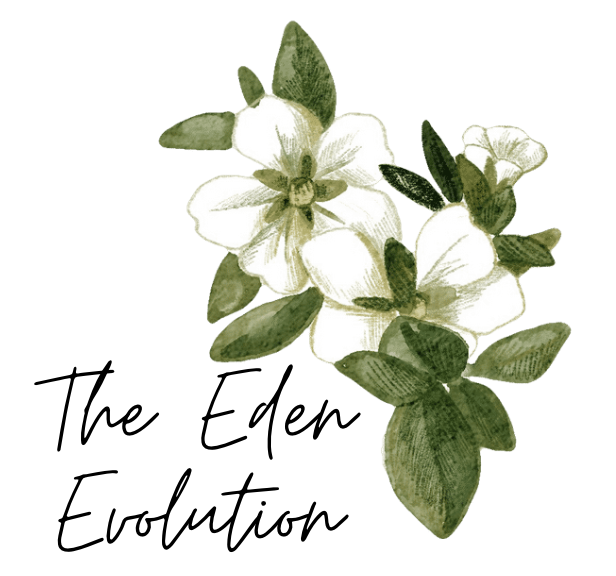I should preface this post by saying that being understood is one of most satisfying feelings that exists. It’s right up there with being seen and being loved. In fact, when I love someone, I try to understand them even if I ultimately can’t agree with them. That’s why I used to (and sometimes still do) feel crushed when I can’t seem to get my point across. Sometimes, I feel as though I’ve used every variation I know of the 26 letters in the English alphabet, and yet I’m met with a blank stare. The frustration and, inevitably, the pain is all too real.

I should clarify that I’m speaking about fundamental misunderstandings based on values, past trauma, emotional capacity, personal or cultural differences, etc. Consider the introvert who’s struggling to find an excuse to skip their company’s Christmas party for the 3rd time. Their extroverted colleagues may not understand just how draining that type of event is for their introverted colleague and how anxious large/noisy gatherings may make them feel. The introverted colleague may not understand that their extroverted colleagues would really like to get to know them better and build genuine relationships outside of work. (Side note: I am the introvert in this story.)
In 2014, I did a 9-month internship in a cancer research lab during my Masters program. In the first month of my internship, I realized that my supervisor, let’s call her Susan, would only give me short, sometimes snippy, answers when I asked any questions in the morning. In fact, she barely said “Good morning.” After lunch, it got a bit better, but not much. I actually thought that she was annoyed with me, and I began to worry that I had somehow offended her. One day, I happened to stay a bit later, and I ran into Susan in the hallway as I leaving the building. Surprisingly, we had a great conversation. She seemed full of energy and completely engaged. This happened a few more times, and I began to understand that Susan wasn’t a morning person. From that point on, I chose to stay late on a regular basis. In the end, I learned so much from Susan through many, long, one-on-one talks, some of which ended well after 8 or even 9pm.

My only problem during this internship was the weekly work meetings. During these meetings, a colleague would present their data, and everyone was expected to engage in a discussion thereafter. I was good as presenting my own data to the group, but not as good in discussing other people’s data. I’m not proud to say this, but I never once contributed to a discussion at the weekly meetings. I easily become the wall flower in a group discussion, especially if it’s an analytical discussion. I generally need more time to process information before I feel equipped to make a meaningful contribution. I am a deep thinker, but I need more time to form my opinion. I’m generally not a “think out loud” type of person. That’s probably why I prefer writing over speaking. Writing gives me the time I need to refine my ideas.
Towards the end of my internship, Susan gently reminded me that interns were also expected to contribute during the weekly discussions, but I still couldn’t bring myself to say a word. I clearly remember feeling as though I had disappointed her, and I was afraid that I would have a poor final assessment due to my lack of participation. I ended that internship with a great assessment, and Susan gave me a book as gift: Quiet:The Power of Introverts in a World That Can’t Stop Talking by Susan Cain. This book still has a permanent home on my bookshelf.

I took the time to understand Susan, and, in return, she took the time to understand me. With that book, Susan told me 2 things:
- I understand you.
- Your weakness can be your super power.
I later realized that I never tried to explain myself to Susan. At the time, I didn’t really know why I had such a hard time in groups. My current assessment of the situation is largely based on what I later learned about myself and my personality through that book. At a time when I didn’t have the language to explain myself, I was understood by someone who took the time to observe. That internship was an eye-opening experience. I thought I was just conducting experiments. Little did I know I would be thrown into a social experiment.
I learned 2 important lessons:
- I have to be willing to invest the time it takes to understand someone else.
- When I first aim to understand, I am more likely to be understood.

Not everyone is going to understand me. Some people never will. That’s okay. Some people can’t see beyond their own perspective or experience. I was guilty of this when I initially assumed that Susan didn’t like me. In fact, that assumption was based on the fact that I doubted whether I was qualified for the internship, and I could have easily made myself the victim in this story. I’ve come to realize that it’s more important that I understand myself. Personal acceptance and growth will follow, and I will be less likely to vilify people that I don’t immediately understand. I cherish the people that have taken the time to understand me, but I regard being understood as more of the exception than the rule.
